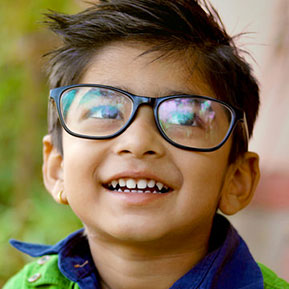Your Toddler’s First Dental Visit
September 12th, 2018

It’s common for toddlers to be wary of strangers, but their first experience at the dentist shouldn’t be a scary one. Dr. HJ Turner and Dr. DJ Turner and our team have five tips for you to make your child’s first visit to Pediatric Dentistry of Spartanburg easy as pie!
- Bringing your child to one of your own appointments before his or her first dental visit can calm your little one’s nerves. This gives your son or daughter the opportunity to get familiar with our office and see a cleaning isn’t very scary.
- Our big dental chair can be fun! Toddlers love games, and seeing the chair go up and down can make it seem like an amusement ride rather than sitting down for an exam.
- Dr. HJ Turner and Dr. DJ Turner and our team hand out cool toothbrushes and stickers to kids after their appointment. Your child will love the fun-colored toothbrush and can look forward to a post-appointment prize at the next visit.
- Schedule your appointment for a time that sets you up for success. Bringing your child to our Spartanburg, SC office an hour before he or she is due for a nap may be a tantrum just waiting to happen.
- Kids love books! Try reading your toddler bedtime stories about what happens at the dentist before you come in for the appointment. We recommend Dora the Explorer’s Show Me Your Smile, written by Christine Ricci.










 Website Powered by Sesame 24-7™
Website Powered by Sesame 24-7™
